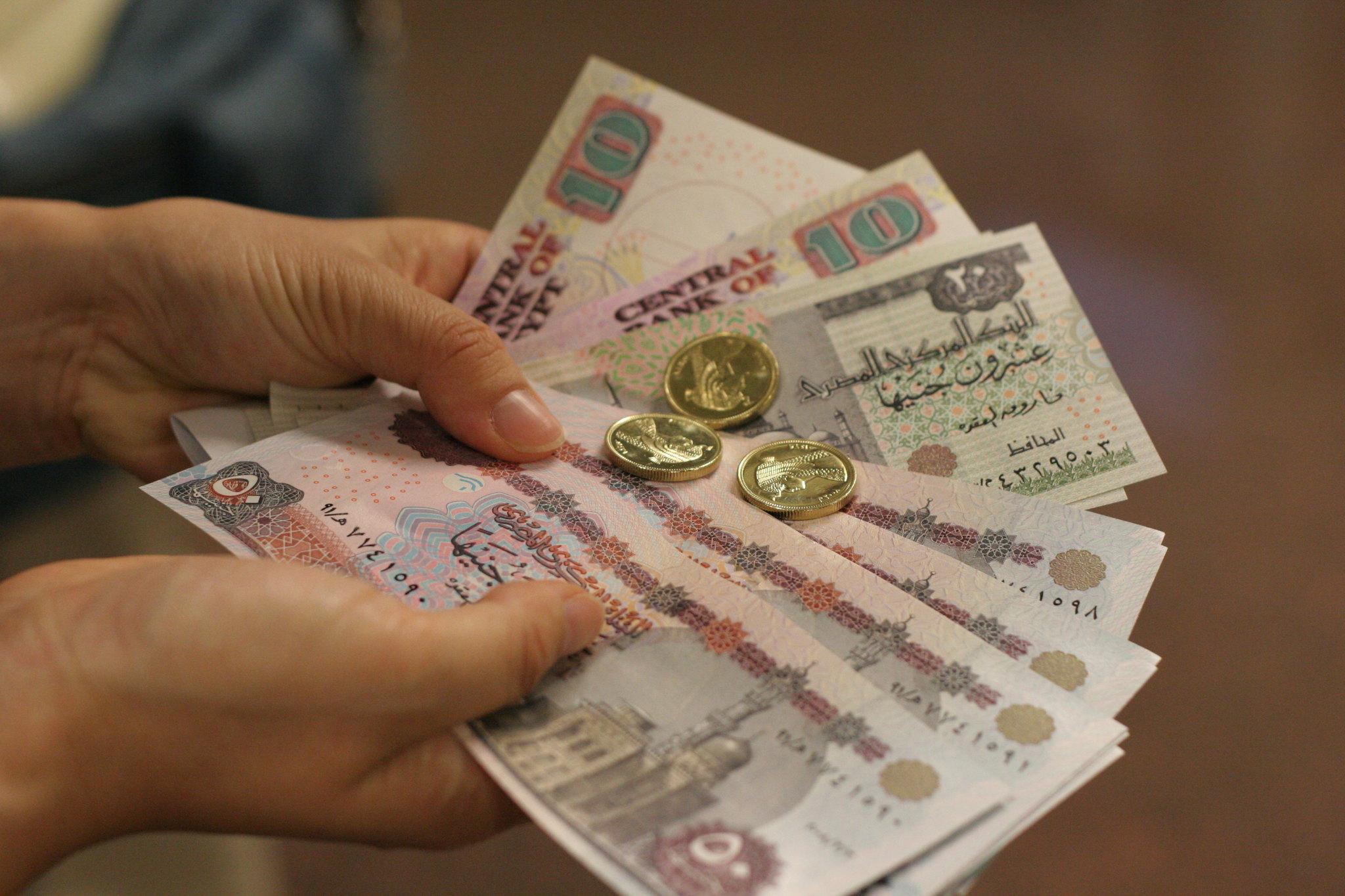Credit rating agency S&P Global downgraded Egypt’s long-term foreign and local currency sovereign credit rating from ‘B’ to ‘B-’ while changing its economic outlook from ‘negative’ to ‘stable’, according to a press release issued on 20 October. S&P cited “recurring delays to the implementation of monetary and structural reforms” which the agency said exacerbated imbalances in the currency market and deteriorated the net foreign asset holdings of banks, among other things. “We also view the government’s very high debt servicing costs, which largely relate to its domestic debt (70 percent of the total), as a potential challenge to debt sustainability,” the statement added. Egypt’s short-term sovereign credit rating remained at ‘B’. Minister of Finance Mohamed Maait said that the government is working to further structural reforms “to respond to internal and external challenges.” Moody’s, another of the three big credit rating agencies, had downgraded Egypt’s rating from ‘B3’ to ‘Caa1’, its lowest ever from the agency, on 5 October. S&P expects GDP growth to further slow down in 2024, but market confidence should improve once “the CBE’s long-term strategy for the exchange rate becomes clearer.” The agency said it could…
S&P Downgrades Egypt’s Credit Rating to ‘B-’ Due to Delayed Implementation of Monetary and Structural Reforms
October 22, 2023



